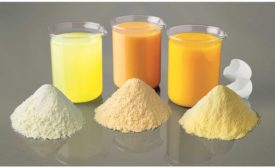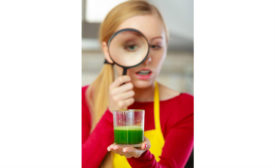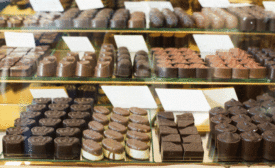Home » consumer trends
Articles Tagged with ''consumer trends''
Flavor innovation, clean label and environmentally friendly products top the list
Read More
Start preparing Amazon candy offerings now to win big this Halloween
Ecommerce data firm One Click Retail says consumers buy Halloween candy early, in bulk.
June 13, 2018
Euromonitor: Retail trends to watch in 2018
Research firm says technology, transparency and sustainability will continue to shape consumer behavior.
January 24, 2018
Sustainability proves to be more than just a trend
Consumers demand sustainability practices that are better for the environment and humanity.
January 17, 2018
Dairy ingredient growth driven by desire for clean label, nutrition
Consumers search for wholesome dairy products.
December 11, 2017
‘Mindful Choices’ a key driver in 2018 for consumers
Innova Market Insights’ research says 7 in 10 U.S. and U.K. consumers want to know, understand ingredient lists.
November 15, 2017
Mulling over megatrends
Euromonitor report outlines overarching consumer trends.
September 6, 2017
State of the Industry 2017: Across the board, healthy bars find success
When it comes to bars, nutrition is king.
June 13, 2017
Kid power: How candy companies can respond to a new generation
New Packaged Facts Reports show how the newest generation of kids are influencing their parent’s choices at the grocery store.
April 6, 2016
Keep the info flowing with our eNewsletters!
Get the latest industry updates tailored your way.
JOIN TODAY!Copyright ©2024. All Rights Reserved BNP Media.
Design, CMS, Hosting & Web Development :: ePublishing











